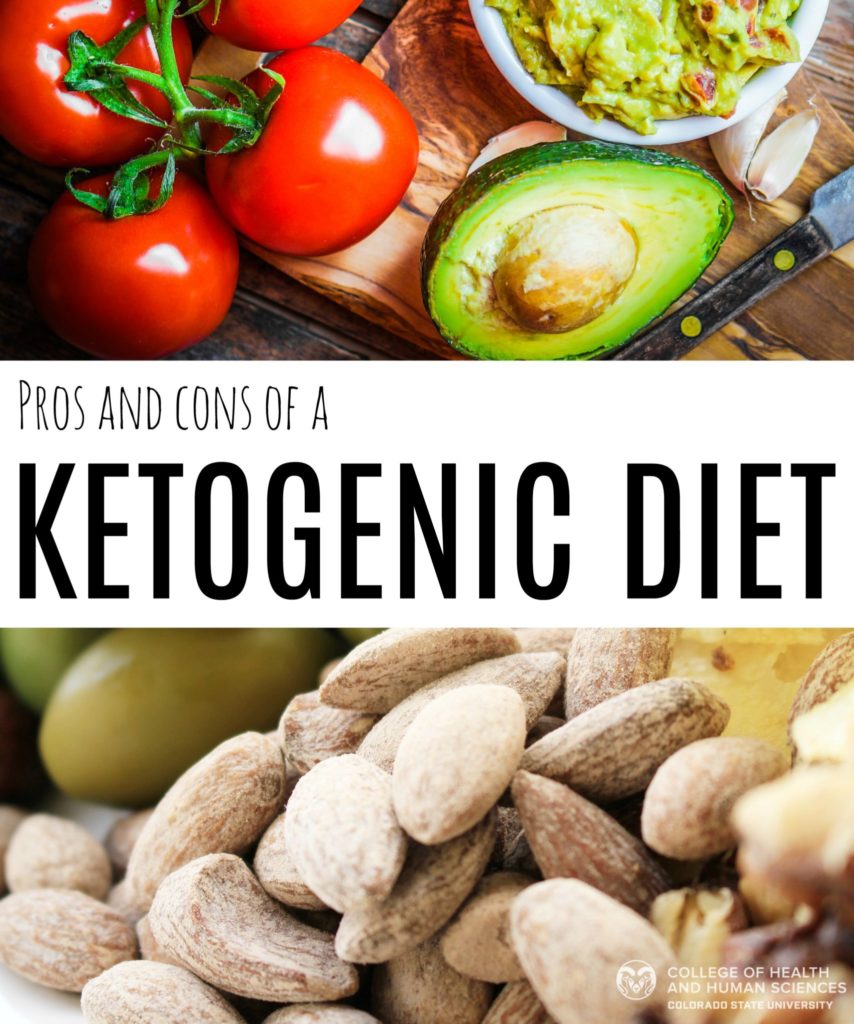If you are searching about The truth about the ketogenic diet | College of Health and Human you've visit to the right page

diet ketogenic pros source truth cons loss weight review golo colostate chhs edu
The Truth About the Ketogenic Diet
The ketogenic diet, or keto diet, has gained popularity in recent years for its promising results in weight loss and improved health outcomes. However, there is much debate over the safety and efficacy of this high-fat, low-carb diet. In this article, we will explore the pros and cons of the ketogenic diet and what you need to know before trying it for yourself.
What is the Ketogenic Diet?
The ketogenic diet is a low-carbohydrate, high-fat diet that puts the body into a state of ketosis. This means that instead of relying on glucose for energy, the body burns fat as its primary fuel source. To achieve this state, individuals following the keto diet limit their carbohydrate intake to less than 50 grams per day, while increasing their fat intake to 70-80% of their daily calorie needs. This means consuming foods such as meat, eggs, cheese, nuts, and oils, while limiting carbohydrates from grains, fruits, and vegetables.
While the ketogenic diet was initially developed as a treatment for epilepsy in children, it has gained popularity in recent years as a weight loss and health improvement diet. Proponents of the diet claim that it can lead to rapid weight loss, improved blood sugar control in individuals with diabetes, and a reduction in inflammation and other health markers.
Pros of the Ketogenic Diet
1. Weight Loss
One of the most promising aspects of the ketogenic diet is its potential to aid in weight loss. By reducing carbohydrate intake and increasing fat intake, the body is forced to burn fat for fuel instead of glucose. This can result in a reduction in overall calorie intake, as well as increased satiety, both of which can lead to weight loss over time.
Additionally, studies have shown that the ketogenic diet may be more effective for weight loss than a traditional low-fat diet. One study found that individuals following a keto diet lost an average of 2.2 times more weight than those on a low-fat diet over a six-month period.
2. Improved Blood Sugar Control
The ketogenic diet may also have benefits for individuals with type 2 diabetes or insulin resistance. By limiting carbohydrate intake, the body is less reliant on glucose for energy, which can improve blood sugar control and reduce insulin resistance. One study found that individuals with type 2 diabetes who followed a keto diet for six months saw improvements in their blood sugar levels and a reduction in their diabetes medication use.
3. Potential Health Benefits
There is growing evidence to suggest that the ketogenic diet may have numerous health benefits beyond just weight loss and blood sugar control. Some studies have found that the diet can reduce inflammation, improve cholesterol levels, and even have anti-cancer effects. However, more research is needed to fully understand these potential health benefits.
Cons of the Ketogenic Diet
1. Nutrient Deficiencies
Because the ketogenic diet limits carbohydrate-rich foods such as fruits and vegetables, individuals on the diet may be at risk for nutrient deficiencies. It is important to ensure that you are still consuming a healthy and balanced diet with adequate amounts of vitamins and minerals.
2. Difficulty Maintaining Long-Term
The ketogenic diet can be difficult to maintain long-term, as it restricts many commonly consumed foods and can feel restrictive. Additionally, the diet requires careful monitoring and planning to ensure that you are staying within your carbohydrate and fat intake goals.
3. Potential Risks
The ketogenic diet may not be appropriate for everyone, particularly those with liver or pancreatic disease or individuals taking certain medications. Additionally, it is important to be aware of the potential risks of the diet, such as dehydration, constipation, and an increased risk of heart disease due to the high intake of saturated fats.
Kualifikasi for Trying the Ketogenic Diet
- Consult with a healthcare provider or registered dietitian before starting the ketogenic diet to ensure that it is safe for you.
- Gradually reduce carbohydrate intake rather than cutting it out completely to minimize potential side effects.
- Focus on consuming healthy sources of fat, such as avocado, nuts, and fatty fish, rather than relying on processed or high-fat junk foods.
- Ensure that you are still consuming a balanced and nutrient-dense diet with adequate amounts of fruits and vegetables.
- Consider speaking with a registered dietitian or nutritionist for guidance and support while on the ketogenic diet.
In conclusion, the ketogenic diet can be a promising approach for weight loss and improved health outcomes, but it is important to understand the potential pros and cons before trying it for yourself. With careful planning and consideration, the ketogenic diet may be a beneficial tool for those looking to make dietary changes.
Post a Comment